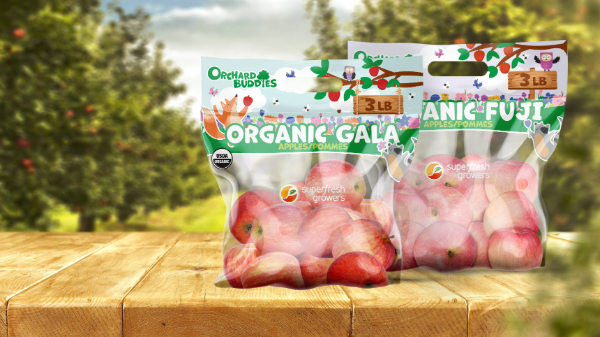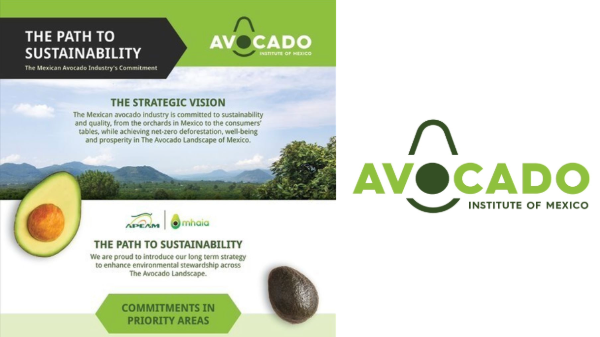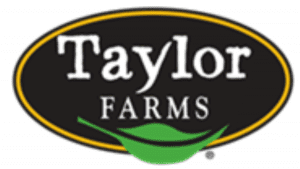Welcome to Blue Book!
Are you ready to join the thousands of companies who rely on Blue Book to drive smarter decisions? View our plans and get started today!
Still have questions? We’d love to show you what Blue Book can do for you. Drop us a line– we’ve been waiting for you.

As part of the initiative, Lakeland, FL-based Public Supermarkets, Inc. began carrying Redland Raised products, raising awareness of South Florida’s fruit and vegetables including avocados, okra, green beans, squash, sweet corn and, of course, the state’s famous tomatoes, as well as more exotic offerings like mangos, carambola, lychee, pitaya, and jackfruit.
According to Walter Vazquez, chief executive officer of Miami-based Freedom Fresh LLC, a full-service distribution and third-party cold storage company, Redland Raised may turn out to be exactly what consumers are looking for. “It’s a great opportunity to support our farmers,” he says, noting the program “seems to be popular, it has value, and ‘legs.’ And with food safety being such an important component, people want to understand where their produce comes from.”
Ecoripe Tropicals, a Miami-based distributor and importer, sources both local and imported produce for its customers. Mark Holbik, vice president of the company, points out local growers provide Ecoripe with a range of specialty produce. “We see the combination of both Homestead-grown produce and our own offshore programs as a great strength,” he says. “Redland Raised is definitely not just for roadside stands.”
Homestead’s Brooks Tropicals, LLC, a grower-shipper, packer, and importer, goes a step further by growing its own brand of avocados, known as SlimCados, as well as starfruit and some Caribbean Red papaya in the Redland region. According to Mary Ostlund, the company’s marketing director, Brooks also works closely with several Redland growers for passion fruit, guava, dragonfruit, and boniatos (often called Cuban sweet potatoes).
Big Picture Production
The bigger picture shows just how important agriculture is to the economy, not just locally but statewide. The state ranks seventh in the country in overall agricultural production, and second in fresh vegetables (behind California). In terms of acreage and value, Florida is again second only to California for vegetables, bringing in over $1.1 billion in 2012, with a great deal of this wealth attributed to tomatoes (in this category, Florida bests California).
The Sunshine State also outperforms all other states in citrus production and has the second-largest orange crop in the world (behind Brazil)—despite devastating bouts with canker and more recently citrus greening, which reduced seasonal output.








